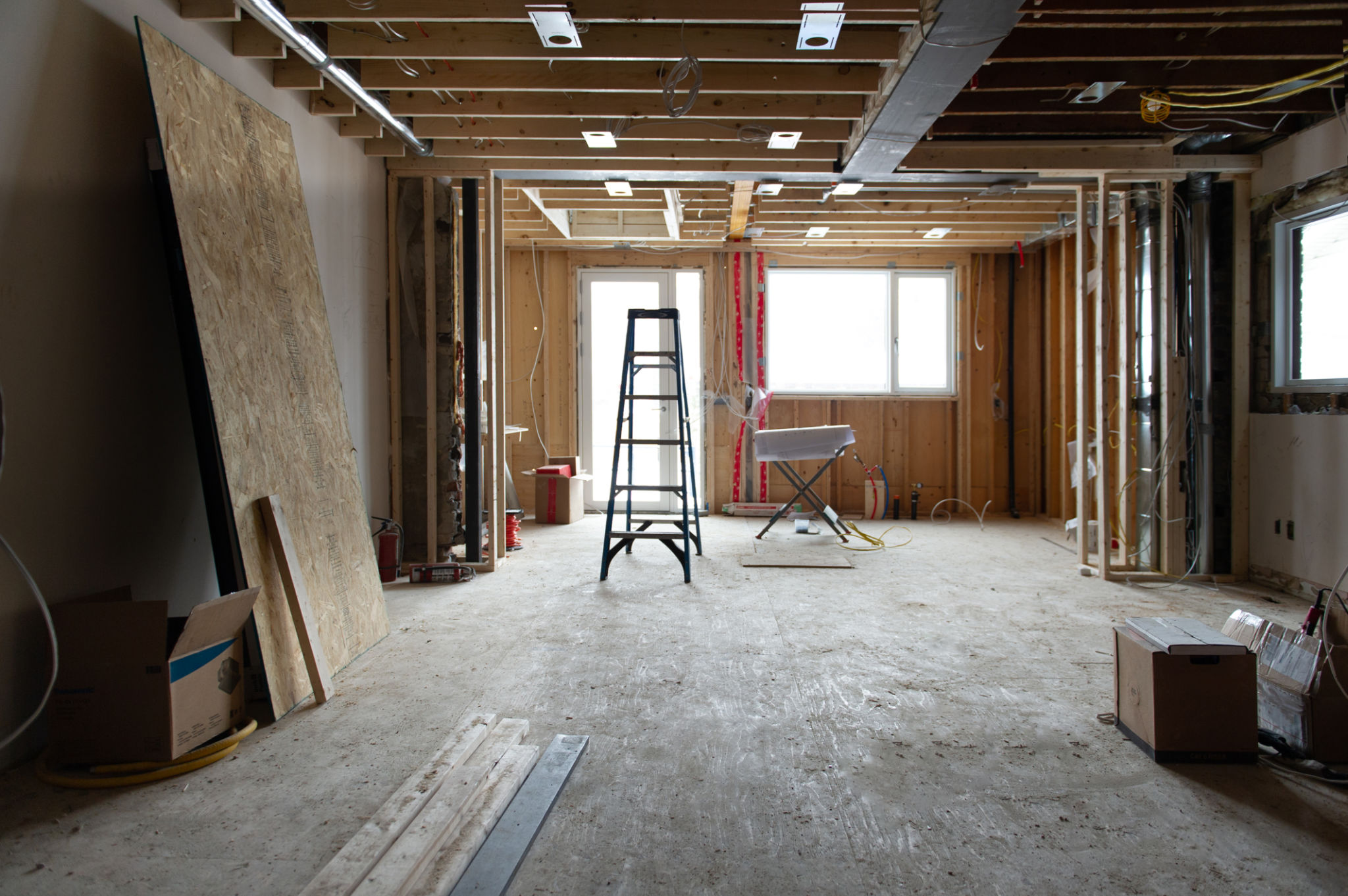Navigating Local Regulations for Fix and Flip Projects in NJ
NC
Understanding New Jersey's Real Estate Landscape
Embarking on a fix and flip project in New Jersey can be a lucrative venture, but it's essential to navigate the local regulations effectively. New Jersey's real estate market is vibrant, with opportunities for profit in various neighborhoods. However, understanding local laws and regulations is crucial to avoid costly setbacks.

Researching Zoning and Permits
Before purchasing a property, it's important to research the zoning laws in the area. Zoning regulations dictate how a property can be used and can impact your renovation plans. Additionally, securing the necessary permits is a vital part of the process. Working without permits can lead to fines and legal issues, halting your project.
To acquire the right permits, you'll need to provide detailed plans for your renovations. Contacting local zoning offices and building departments can provide guidance on what's required. It's beneficial to consult with a local real estate attorney or contractor who is familiar with New Jersey's regulations.
Complying with Environmental Regulations
New Jersey places a strong emphasis on environmental protection, which can affect fix and flip projects. Understanding the state's environmental regulations is crucial, especially if the property is located near protected areas or involves older buildings that may contain hazardous materials like asbestos or lead paint.

Before starting any work, conduct an environmental assessment to ensure compliance with state laws. This might include soil testing and checking for contaminants. Collaborating with environmental consultants can help you navigate these requirements smoothly.
Securing Financing and Budgeting
Financing is a significant aspect of any fix and flip project. In New Jersey, various financing options are available, including traditional bank loans, hard money loans, and private lenders. Understanding the terms and conditions of these options will help you choose the best fit for your project.
Creating a detailed budget is essential to manage costs effectively. Consider all expenses, including purchase price, renovation costs, permits, taxes, and unexpected expenses. A well-planned budget helps keep your project on track and ensures you don't overextend financially.

Working with Local Contractors
Hiring reliable local contractors is crucial for the success of your fix and flip project. Contractors familiar with New Jersey's building codes and regulations can help you avoid compliance issues. It's advisable to get multiple bids and check references before hiring.
Establishing clear communication and setting expectations with your contractors can prevent misunderstandings and delays. Regular updates and site visits ensure the project progresses as planned.
Navigating Closing and Selling Procedures
Once renovations are complete, understanding the selling process is key to maximizing your investment. In New Jersey, closing procedures can vary, so working with a knowledgeable real estate agent or attorney can streamline the process.
Marketing your property effectively is crucial to attract potential buyers. Highlighting key renovations and improvements made during the fix and flip can increase the property's appeal and value.
Conclusion
Navigating local regulations for fix and flip projects in New Jersey requires careful planning and attention to detail. By understanding zoning laws, securing necessary permits, complying with environmental regulations, managing finances wisely, and working with reputable contractors, you can ensure a successful project. The rewards of a well-executed fix and flip can be significant, making it a worthwhile investment in New Jersey's dynamic real estate market.